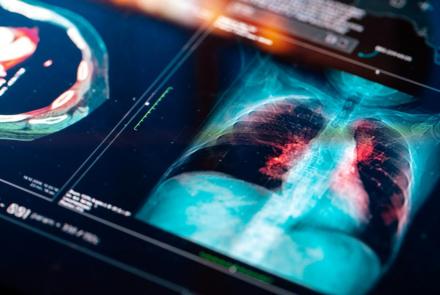New York Internist, Charles O’Dowd, MD of Clarkstown Medical Associates in New City, a member of Highland Medical PC, shares why you should have a Primary Care Physician.
If you’re feeling healthy, not having a primary care physician may not seem like a big deal. But if you get sick, not having a primary care doctor may land you in the emergency room. There are many other benefits to establishing a relationship with a doctor while you’re feeling good. Primary care physicians provide preventative care and screen for illness. They also treat acute illnesses and monitor ongoing chronic illness. Having a primary care physician now will benefit you as you get older and need more regular medical care.
Primary care doctors provide what is known as “continuity of care”. They get to know you, and are more likely to catch a problem early, before a minor problem becomes a major one that requires a trip to the hospital. They will know your health history and habits, and can more easily recognize signs that can indicate a change in your health. They can refer you to a specialist if needed, and help you sort through recommendations from different specialists if you see more than one. They provide a “medical home” for all of your treatment.
You may assume that if you are having a health issue, you can go straight to a specialist. However, it’s not always obvious which specialist you should see, and your insurance company may require a trip to your primary care doctor first. For instance, chest pain might be related to your heart, your lungs, or your gastrointestinal system. If you start with a specialist and it turns out you’ve gone to the wrong one, you’ve wasted time—as well as money. You likely will have gone through tests that you might have avoided, and your diagnosis could be delayed.
If you do get sick, your primary care doctor can evaluate your symptoms quickly. Perform the necessary exam, and send you for the appropriate tests to diagnose and treat your illness. Your doctor will also work with you to prevent future illnesses, by monitoring blood pressure, blood sugar, weight, lipid levels, stress and many other parameters of good health.
By knowing you and your medical history, your primary care physician can look at the big picture, and help you stay healthy.






